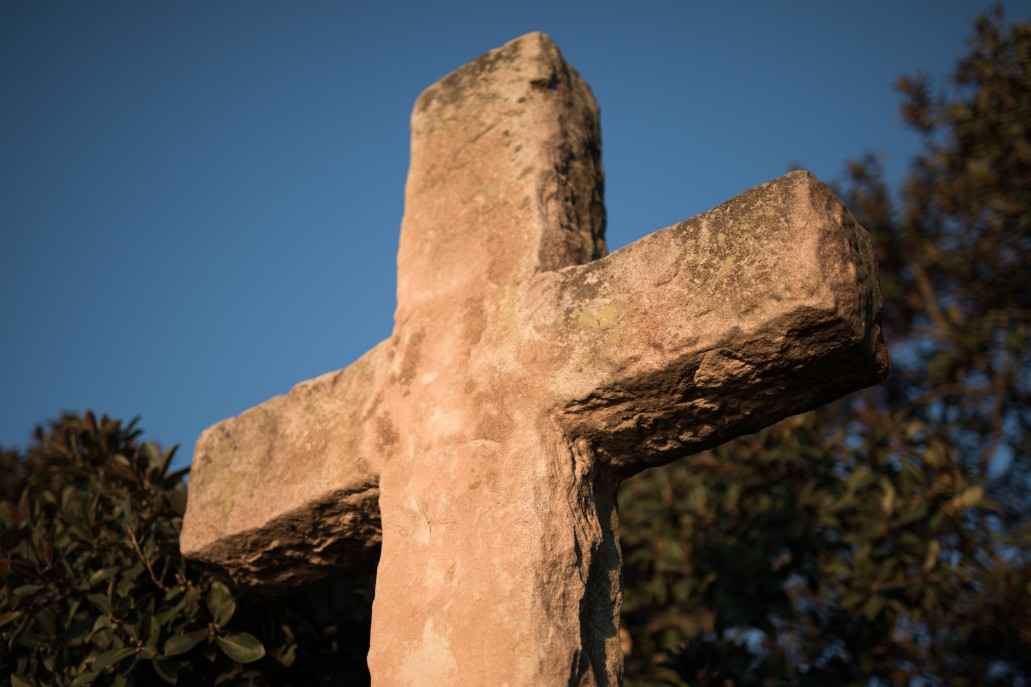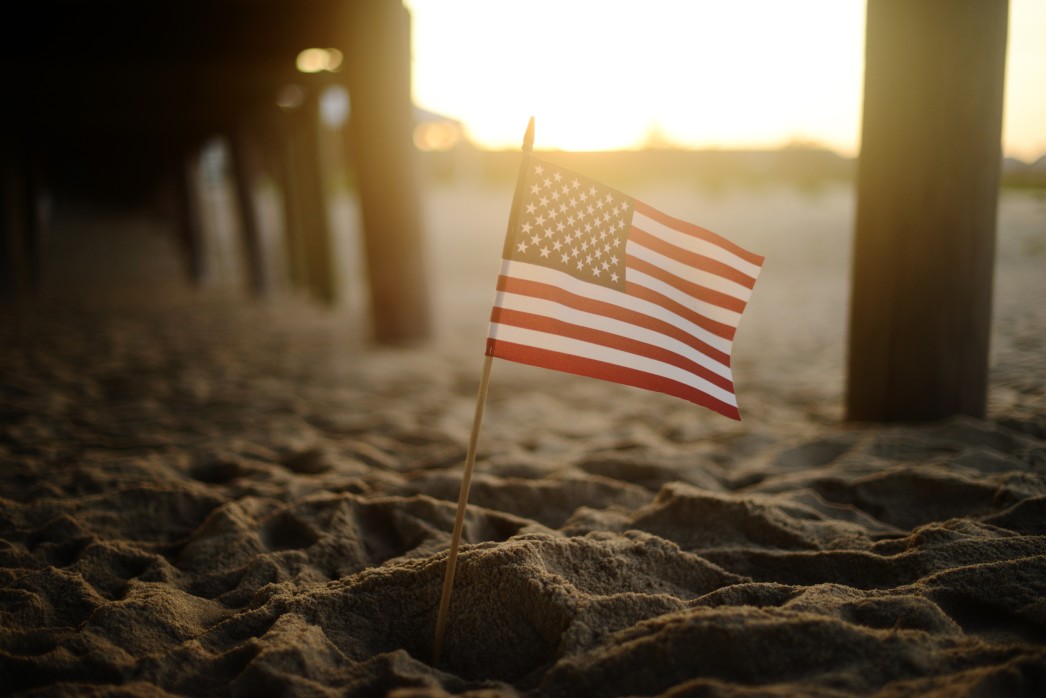What is the life to which Christ has called us? How are we most authentically and joyfully human? What is the Christian vocation?
Most profoundly, it is a vocation to love and truth, goodness and beauty, justice and freedom; to work and responsibility, self-gift and self-sacrifice—to follow Christ in the way of the cross. Ultimately, it is a vocation to share in the Father’s everlasting beatitude.
And yet we find ourselves on earth, amidst the messy and the mundane. What does our Christian vocation mean now? What does it mean for our life in the world, especially (for this blog) when it comes to politics?
These are huge questions, and I do not pretend a single blog entry can provide an adequate answer. (Indeed, Augustine spent page upon page seeking the answer in his classic City of God, and former Bush administration officials Michael Gerson and Pete Wehner have attempted their own response in the brand-new, cleverly-titled book City of Man.) However, I wish to sketch out a few basic elements that connect our Christian calling to our life—even political life—in this world. This will be fast and simplistic, but remember, it’s just a sketch.
First, we must recognize the natural hierarchy of the human, and finally political, order—of human communities that necessarily become political communities. For Christians, of course, our first commitment is to God—and yet in loving and seeking God our energies are necessarily directed outwards. True love of God entails love of neighbor. For most of us, this begins with the family, in the intimate, sanctifying bond we have with our spouse and the children that union, Lord-willing, creates.
Then the family is situated in a community, both “secular” and religious—neighborhood, school, and church (ideally all sharing the same geography)—where we meet friends and hopefully grow in virtue, culture, wisdom, and knowledge, deepening our humanity and aiding us on our journey to God. There we also encounter the marketplace, the world of commerce, a sometimes bawdy place where goods and services, the fruits of our labors, are exchanged in order to sustain families’ livelihoods. This encounter, both as producer and consumer, ideally deepens our humanity as well.
And here, too, in the community, we find ourselves encountering politics, the ordering and structuring of our communities for the common good. Originally, politics was almost entirely local—the word politics itself comes from the ancient Greek word polis, meaning city. (And cities in ancient Greece tended to be smaller and more dense.) It is a relatively modern phenomenon that we think of politics occurring primarily at the national level.
What have we learned in this very short disquisition on the hierarchy of the human and political order? That while politics is an entirely human institution—flowing naturally from our existence as social creatures in community—it is far from the center of our human vocation (with the modern, de-localized exercise of politics even further afield).
Samuel Johnson, the 18th-century British author and poet, captured this sentiment well:
How small, of all that human hearts endure,
That part which laws or kings can cause or cure!
Most conservatives (and some liberals) recognize this too, which is why you hear them talking about the importance of marriage, family, religion, traditional values, the primacy of culture, etc. It’s not that they believe all government solutions are bad, but rather that where the real action is—where true human flourishing is to be found (and conversely, the most profound varieties of human misery)—the answer is not in government or material structures but in our vocation to God, family, and community. (Please understand, however, that it is not my intent whatsoever to denigrate the critical importance of material goods such as food, shelter, and health care.)
Let me give just one example. In 1965, while working in President Nixon’s Labor Department, Daniel Patrick Moynihan, the future Democratic Senator of New York, wrote what has now infamously come to be known as the Moynihan Report (actually titled The Negro Family: The Case For National Action). Moynihan was trying to determine what was ailing poor, urban, African-Americans, whose status in recent years had come to decline.
Armed with reams of data, he proposed a proximate cause very fundamental to the human vocation: family breakdown, driven especially by a decline in the number of black men able and willing to lead a family. As Moynihan wrote, “The fundamental problem…is that of family structure. The evidence—not final, but powerfully persuasive—is that the Negro family in the urban ghettos is crumbling.” As to the roots of this breakdown, Moynihan noted the country’s vicious legacy of slavery and racism—“the racist virus in the American blood stream still afflicts us”—and declining economic opportunities for black men. (This was before widespread abortion in the black community dealt a further blow to the social fabric, weakening bonds between men and their would-be wives and children.)
Unfortunately, the Left largely recoiled at his hypothesis, hysterically and inaccurately accusing Moynihan of “blaming the victim,” and instead insisted the causes of black poverty lay exclusively in more secondary elements of the human vocation such as unjust economic, government, and other social structures. (To be clear, Moynihan did not deny those played a role—writing that “three centuries of injustice have brought about deep-seated structural distortions in the life of the Negro American”—but rather insisted they were not the primary, immediate cause and largely unhelpful in crafting solutions.)
Even more unfortunately, due to the Left’s hysterical reaction to Moynihan’s report, more than a generation’s worth of public and intellectual discourse on race and poverty has for the most part been prohibited from discussing cultural factors, which has significantly undermined the seriousness and efficacy of our national conversation on poverty, race, and politics. (Thankfully the Left hasfinally begun to change its tune.)
For conservatives (and hopefully increasing numbers of progressives), the lesson here is theprimacy of culture in human flourishing—the primacy of those fundamental aspects of our human vocation that can lead to both joy and misery, human wholeness and human brokenness, spiritual richness and spiritual poverty. The frustrating thing, politically, is that recognizing this profound human truth only reminds us how difficult true progress is. It’s much easier to pass laws changing the tax code or protecting worker safety than to fix broken families or make husbands love their wives or parents their children.
And yet recognizing the hierarchy within our Christian vocation is essential to a true understanding of the human condition, as well as an honest, sober, and effective politics. Most importantly, it should help all of us to order the priorities in our own lives as well—for that is where every vocation begins.



